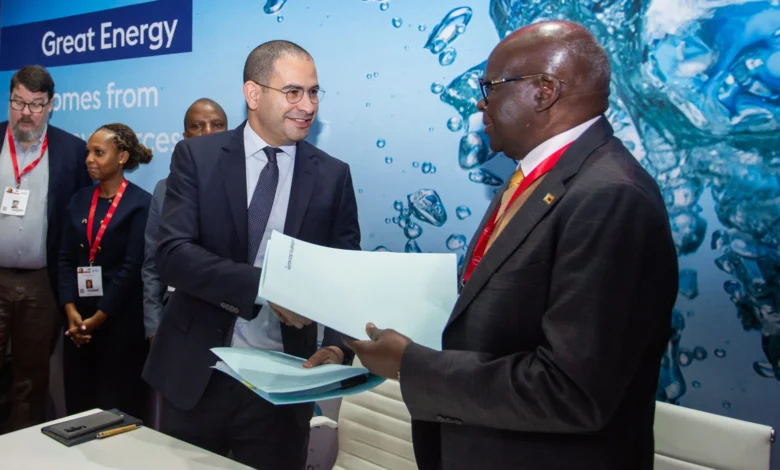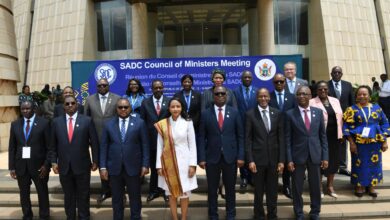
The Government of Zimbabwe has entered into a milestone agreement with European energy investor InfraCo Africa to move forward with the long-anticipated 30-megawatt Vungu Solar Project. This development marks a critical step in Zimbabwe’s efforts to unlock private sector investment in its renewable energy sector and transition toward a more sustainable power supply.
The agreement, signed under the Government Project Support Agreement (GPSA) framework, offers a package of investor assurances tailored to reduce key risks. These include commitments to cost-reflective tariffs, guarantees of a dependable power offtaker, and the freedom for investors to repatriate profits. The guarantees are aimed at easing long-standing investor concerns about currency instability and tariff unpredictability—factors that have previously hindered renewable energy financing in the country.
Set to be developed in Zimbabwe’s Midlands Province, the Vungu Solar Project will be carried out in partnership with local firms Energywise and Impala Power. Although the project was first proposed in 2014, it has now gained crucial momentum with InfraCo Africa’s backing. InfraCo Africa, part of the UK-, Dutch-, and Swiss-funded Private Infrastructure Development Group (PIDG), has pledged an initial US$1.5 million to support the project’s development phase.
Speaking at the signing ceremony, a spokesperson from the Ministry of Energy and Power Development described the agreement as a landmark moment. “This project represents a breakthrough for renewable energy investment in Zimbabwe and demonstrates our commitment to unlocking clean energy through public-private collaboration,” the official stated.
Once completed, the 30MW solar plant will feed directly into Zimbabwe’s national grid, helping to alleviate persistent electricity shortages and reduce the country’s dependence on fossil fuels. The project is projected to cut greenhouse gas emissions by approximately 75,000 tonnes of CO₂ annually—aligning with national and global goals for cleaner energy solutions.
The Vungu Solar Project joins a growing portfolio of private renewable energy ventures supported by Zimbabwe’s GPSA framework. To date, the government has endorsed support agreements for over 271 megawatts of clean energy projects. These initiatives are part of a broader strategy to liberalize the energy sector, improve power reliability, and attract climate-conscious investment.
As Zimbabwe grapples with ongoing power supply challenges and aging infrastructure, the Vungu Solar Project stands out as a beacon of progress. It represents not only a new chapter in energy generation but also a bold statement of the country’s readiness to welcome international partners in building a greener, more resilient future.




